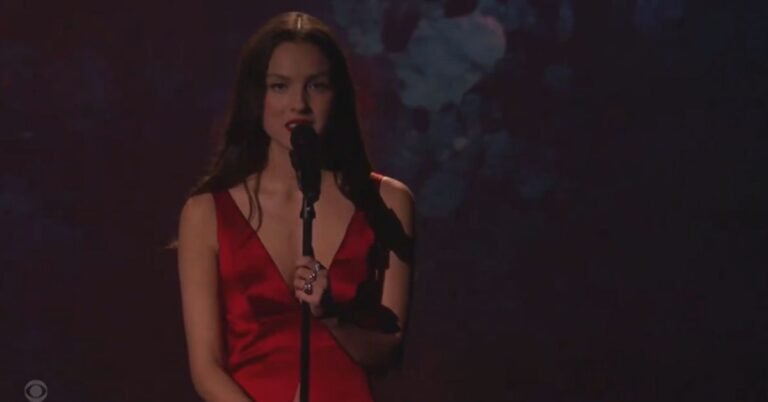Aquaman and the Lost Kingdom: A Drenched Odyssey of Fun and Mayhem
The DC Expanded Universe of films seems to be drawing to a close, and in the midst
of this finale, one hero stands out—Aquaman. Portrayed by the dynamic Jason
Momoa, this underwater superhero has become a beacon of joy and exuberance in a
cinematic world often clouded by darkness. Momoa’s depiction of Arthur Curry,
the half-human Prince (and later, King) of Atlantis, showcases his ability to
inject life and humor into a character that could easily be overshadowed by the
looming threats he faces.
In “Aquaman and the Lost Kingdom,” Momoa’s Aquaman embarks on a perilous
mission to save the planet from the vengeful Black Manta, played by the
talented Yahya Abdul-Mateen II. The plot revolves around Black Manta’s quest
for revenge due to the death of his father in the first film. The narrative
takes a chilling turn as Black Manta becomes a vessel for the spirit of the
Black Trident, a potent weapon forged in the mysterious seventh kingdom of
Atlantis, home to demonic creatures. The stakes are raised as Black Manta plans
to harness a glowing green power source capable of unleashing catastrophic
consequences on both land and sea, including accelerating climate change.
At the film’s core is Jason Momoa’s magnetic performance. His portrayal of Aquaman
is a delightful blend of a maverick action star and an alpha-cool persona, with
a touch of self-awareness that never veers into ostentation. Momoa effortlessly
guides viewers through the film, seamlessly transitioning from smart-alecky
commentary to poignant moments of emotion, showcasing a range that adds depth
to his character.
The chemistry between Momoa and co-star Patrick Wilson, who reprises his role as
Orm Marius (the Ocean Master), is another highlight of the movie. Wilson brings
a dry wit to Orm, a deposed Atlantean monarch and the main antagonist from the
first film. The dynamic between Arthur and Orm is a rollercoaster of sibling
rivalry, with Momoa’s Arthur consistently teasing and outsmarting his seemingly
humorless half-brother.
Returning director James Wan, along with screenwriter David Leslie Johnson-McGoldrick,
guides the film through a sea of family dynamics, reconciliation, redemption,
and lessons learned. However, while entertaining, “Aquaman and the Lost
Kingdom” falls short of the exceptional mark set by its predecessor. The
film’s attempt at melodramatic family dynamics and purposefully ridiculous
spectacle occasionally feels cluttered, lacking the grandiosity that made the
original stand out.
The movie’s nod to various influences, including “Star Wars,” H.P.
Lovecraft, Jules Verne, and more, is evident in its diverse settings and
stunning visuals. The attention to detail, especially in the portrayal of
non-human creatures, adds a layer of charm to the film. The action scenes,
though less flawless than the first installment, still showcase Wan’s signature
clarity and are choreographed with precision.
Despite its shortcomings, “Aquaman and the Lost Kingdom” manages to be an
enjoyable ride, much like its hero. The unwavering dedication of the supporting
cast adds depth to the narrative, leaving viewers wondering how much more
engaging the film could have been with their seamless integration. In the end,
the movie succeeds in capturing the spirit of high-budget fantasy, knowing when
to pull back and when to dive deep into the waters of spectacle and adventure.
























+ There are no comments
Add yours